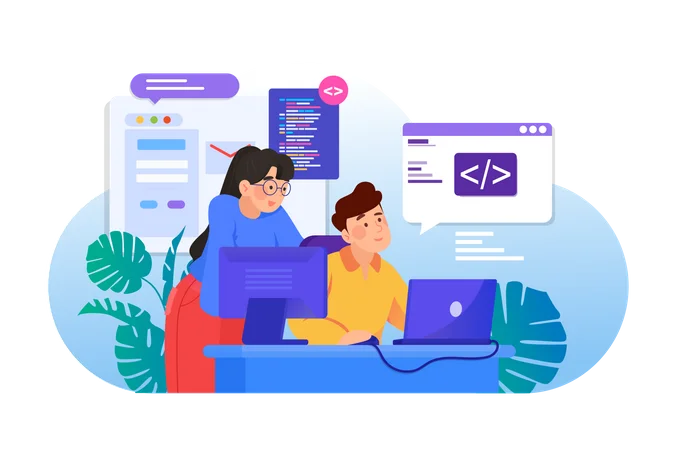Question: What is the salary of programmer trainee in Cognizant?
Answer:-
The salary of Cognizant Programmer Trainee is Rupees 2.5 lakhs per annum, for freshers. For experienced candidates the salary can be up to 4 lakhs per annum.
Question: What is programmer trainee?
Answer:-
As a programmer trainee in Cognizant you will be working on projects, where you are led by a supervisor. These projects are assigned based on the technologies you are taught in your training period.

 Apply For Jobs
Apply For Jobs Get Hiring Updates
Get Hiring Updates







Login/Signup to comment